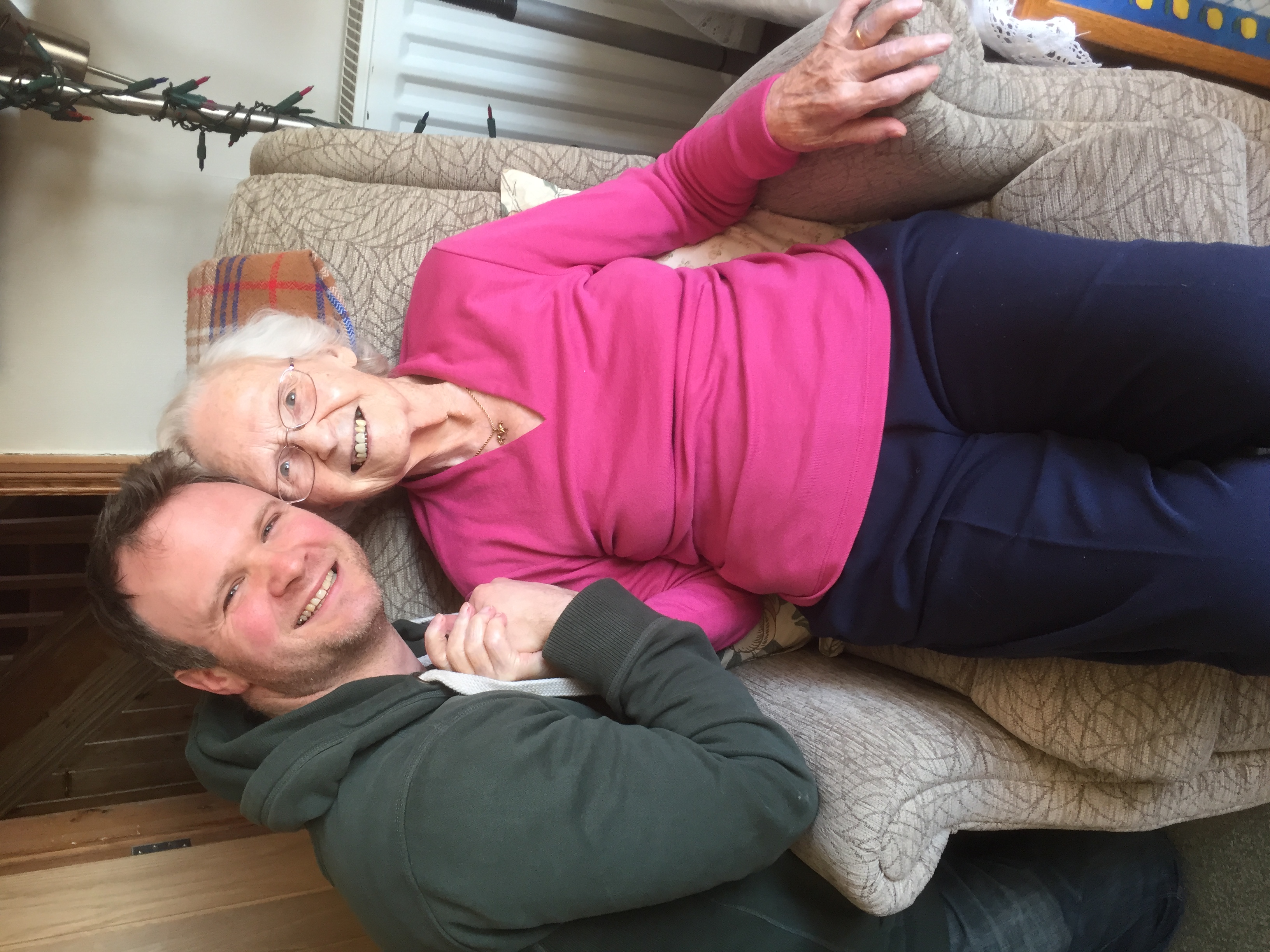Last week, I was on the closing plenary panel at The Kings Fund, as we reflected on what we had learned together about ‘PopulationHealth’ across the UK. There were some really excellent contributions throughout the day.
Councillor Matthew Brown, leader of Preston City Council, talked powerfully about the new economic models they are using there and the incredible regeneration they are seeing. Councillor Becky Charlwood, spoke about the great work being done across the city of Leeds and how strong relationships enable them to flex around complex legislation. Mayor Andy Burnham spoke with humility and realism about the power of devolution and the challenges they face as a city in Manchester in giving kids a great start in life and ending homelessness. Liz Gaulton, Director of Public Health in Coventry, spoke about how the Marmot principles are radically shaping the future plans of the city in thinking about inequalities and how they face them together. Prof Kate Ardern, from Wigan, talked about how we need to change our relationship with power and work radically differently with our communities. Prof Dominic Harrison from Blackburn brought his wisdom on how we face up to multiple unhealthy risk factors. Perhaps the most important contributions from my perspective were from Carina Crawford-Khan, lead organiser of Citizens UK and Dr Charlotte Augst, CEO of National Voices who asked us to reflect on how “Powerlessness leads to ill health” – that’s a statement worthy of pause and much reflection. Power is the ability to act. Anger without power leads to rage. So, if we don’t radically change our relationship with power, we can never see true population health – rather we have disempowered people who feel angry and unable to be part of the change we need to see.
The reality is that all of the things we long to see in society will not happen unless we ourselves are willing to change. In all the uncertainties we face and admidst the brokenness of our political and economic models, how do we stand firm and find a new way through to a way of being together that is socially just for humanity and sustainable for the future? In reflecting on all of this in the final panel, I drew on the wisdom of my Nanna.
 My Nanna, Joyce, who is 97 years old this year and who still wakes every morning to play Mozart and Chopin on her beloved piano, has always been one of the most important people in my life. In our family, we call her “Yoda”, because she is strong in the force and exceedingly wise! This 5ft tall lady, who taught me to bake, spent hours helping me with my music and can still whip my butt at scrabble and rummikub, is a truly remarkable woman.
My Nanna, Joyce, who is 97 years old this year and who still wakes every morning to play Mozart and Chopin on her beloved piano, has always been one of the most important people in my life. In our family, we call her “Yoda”, because she is strong in the force and exceedingly wise! This 5ft tall lady, who taught me to bake, spent hours helping me with my music and can still whip my butt at scrabble and rummikub, is a truly remarkable woman.
When I was a boy, we used to talk to each other whilst making ginger biscuits. My Nanna is a deeply spiritual woman and she used to tell me about her favourite bible verses, one of which is from the book of the Prophet Micah, Chapter 6 and verse 8. That verse says – “God has shown you the best way to live – act justly, love mercy and walk humbly with your God”. I think those three statements hold profound and ancient wisdom that we need to draw on in the complexities of what we face together now. What does that actually mean for us in practice, as we try and transform culture, relationships and behaviours? I suppose I think it’s pretty simple.
 Firstly, as leaders and as people who want to see change, we must act with justice. We must care deeply about issues of injustice in our society and be willing to challenge it whenever we see it. But we must not just care, we must act. We have to be willing to put justice into practice in what we build. We’re beginning to see this, and it’s exciting!
Firstly, as leaders and as people who want to see change, we must act with justice. We must care deeply about issues of injustice in our society and be willing to challenge it whenever we see it. But we must not just care, we must act. We have to be willing to put justice into practice in what we build. We’re beginning to see this, and it’s exciting!
Secondly, we must love mercy. I think that means we have to love the principle of mercy and therefore we have to love people with mercy, or as I put it at The Kings Fund, with real kindness. I love what Prof Micheal West says, when he talks about looking at people with kind and fascinated eyes. We did a lot of thinking about the need for a different kind of power. I think we need to unashamedly talk much more about love and the transformative power it holds. MLK said that love on it’s own is anaemic – it certainly can be. Power alone is destructive. But power and love together is a force to be reckoned with! We need this kind of love in the power that we hold to keep mercy at the fore and kindness as our way of being.
Thirdly, we need to walk in humility WITH our communities. I replace the word God here, with communities, not because I don’t believe in God (I do), but then Nanna and I used to talk, she would tell me that walking humbly with God means walking humbly with other people – with your community. It is worked out in the practice of every day life and being willing to interact with and be changed by the person you most look down on or despise. Nanna isn’t a fan of people getting too big for their boots. She sticks her tongue out at arrogance and blows raspberries at pride. She’s not into titles or pretensions. As a true elder, she knows humility and walks in it. I have learned so much from her and it has shaped so much of who I am and how I choose to spend my time. We must learn to sit with, be with, learn with and create the future with our communities. We don’t have the right to dream up plans and do them to people. Together with, is the kind of humble, mercy-loving, justice-acting way that we so badly need. Without those under-girding, foundational truths, we will never see true population health. Our guiding principles and undergirding culture will shape what we become together.
In a time of so much uncertainty and complexity, we do well to stop and draw on the wisdom of the elders. And so I offer that of my lovely Nanna – in all you do, make sure you act with justice, love with kindness and walk in humility with your community.
